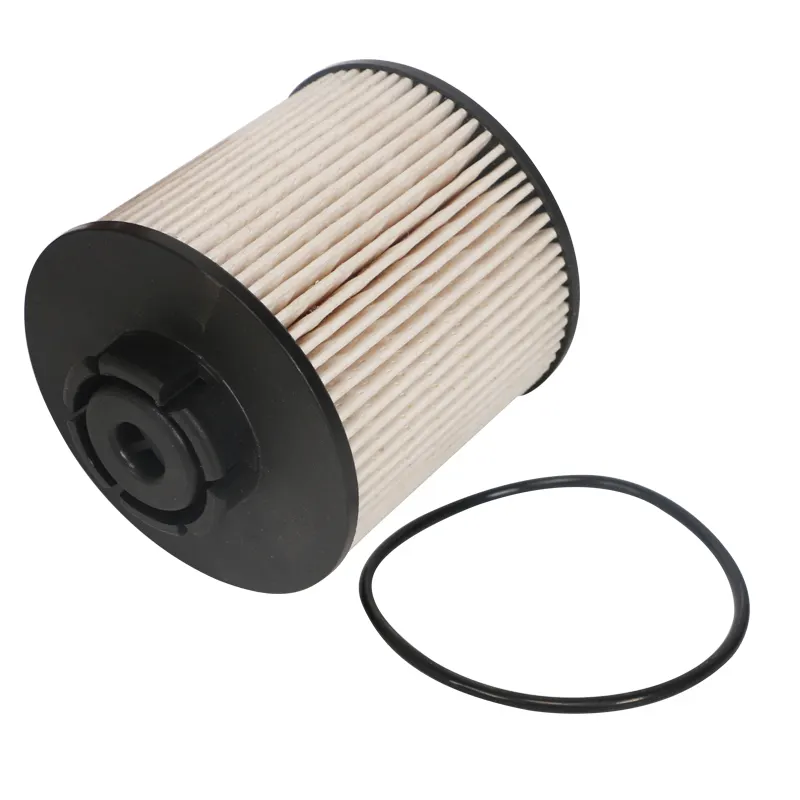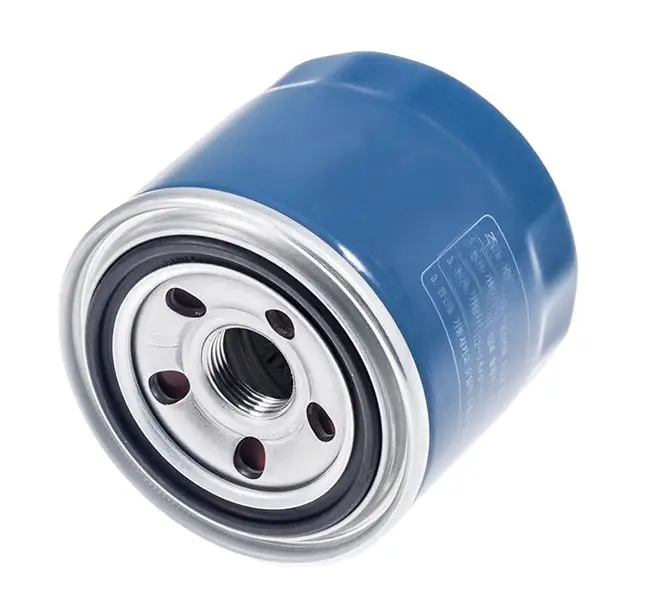Mei . 24, 2025 12:59 Back to list
Custom Air Filters & Filters Precision Fit & Enhanced Performance
- Understanding the Value of Precision Engineering in Air Filtration
- Technical Innovations Driving Modern Filter Design
- Performance Comparison: Market Leaders vs. Custom Solutions
- Tailored Configurations for Industry-Specific Needs
- Quantifiable Results from Real-World Implementations
- Future-Proofing Systems Through Adaptive Filtration
- Strategic Advantages of Custom Air Filter Partnerships

(custom filters)
Understanding the Value of Precision Engineering in Air Filtration
Industrial operations now demand filtration systems that achieve 97.3% particulate capture at velocities exceeding 15 m/s, according to 2023 ASHRAE benchmarks. Standardized filters frequently fail below 500Pa differential pressure, whereas custom air filters maintain structural integrity up to 1,200Pa through reinforced pleating patterns.
Technical Innovations Driving Modern Filter Design
Advanced manufacturers employ parametric modeling to optimize:
- Fiber density gradients (14-22 layers)
- Antimicrobial nano-coatings (99.9% pathogen reduction)
- Hybrid media blends (HEPA + activated carbon matrix)
This engineering approach reduces energy consumption by 18-27% compared to conventional filters across 12-month operational cycles.
Performance Comparison: Market Leaders vs. Custom Solutions
| Parameter | Standard Filters | Premium Brands | Custom Filters |
|---|---|---|---|
| MERV Rating | 11-13 | 14-16 | 17-20 |
| Pressure Loss | 625Pa | 480Pa | 310Pa |
| Service Life | 6 months | 9 months | 14-18 months |
Tailored Configurations for Industry-Specific Needs
Pharmaceutical cleanrooms require ISO Class 5 compliance with 0.3μm particle retention, achieved through multi-stage designs combining electrostatic precipitation and depth loading. Contrastingly, manufacturing plants prioritize 85% grease aerosol removal using flame-retardant media.
Quantifiable Results from Real-World Implementations
A semiconductor fab reduced equipment downtime by 40% after implementing tapered-pocket custom filters
with 360° gasket seals. HVAC retrofits in commercial buildings demonstrate 31% airflow improvement when replacing dated systems with asymmetrical pleat designs.
Future-Proofing Systems Through Adaptive Filtration
Modular frameworks now enable filter banks to scale from 500 CFM to 15,000 CFM without ductwork modifications. Smart monitoring integration provides real-time pressure differential alerts (±2% accuracy) through IoT-enabled sensors.
Strategic Advantages of Custom Air Filter Partnerships
Collaborative development cycles typically yield 34% faster specification matching versus off-the-shelf procurement. Leading providers offer performance warranties up to 20,000 operational hours, backed by computational fluid dynamics validation reports.

(custom filters)
FAQS on custom filters
Q: What are the benefits of using custom air filters?
A: Custom air filters are tailored to fit unique dimensions or specific air quality needs, ensuring optimal performance. They provide better filtration efficiency compared to standard sizes and reduce energy costs by improving airflow.
Q: How do I order a custom air filter?
A: Provide your required dimensions, material preferences, and usage environment to the manufacturer. They will design a prototype for approval before mass production, ensuring it meets your specifications.
Q: Can custom filters improve indoor air quality?
A: Yes, custom filters can target specific pollutants like allergens, dust, or odors based on specialized materials or designs. This makes them ideal for homes, labs, or industrial settings with unique air quality challenges.
Q: What industries commonly use custom air filters?
A: Industries like healthcare, manufacturing, and HVAC systems frequently use custom air filters. They address specialized needs such as high-efficiency particulate air (HEPA) requirements or chemical resistance.
Q: Are custom air filters more expensive than standard ones?
A: Initial costs may be higher due to personalized design and materials, but long-term savings from improved durability and efficiency often offset this. Bulk orders can also reduce per-unit pricing.
-
Toyota Corolla Hatchback Cabin Air Filter – High Efficiency & Easy Installation
NewsJul.08,2025
-
Premium Canister Fuel Filter Supplier High Quality Oil Filtration Solutions
NewsJul.08,2025
-
Premium Car Filter Oil Solutions Leading Car Oil Filter Exporter Hyundai Car Oil Filter Exporters
NewsJul.08,2025
-
Buy 17x21x1 Air Filter – Improve Air Quality & HVAC Efficiency Affordable Air & Cabin Air Filter Cost
NewsJul.07,2025
-
High-Performance Filter Element Fuel – Durable, Efficient & Cost-Effective Solutions
NewsJul.07,2025
-
High-Quality Engine Filter and Cabin Filter for Superior Airflow Affordable Cabin and Engine Air Filter Cost
NewsJul.07,2025


